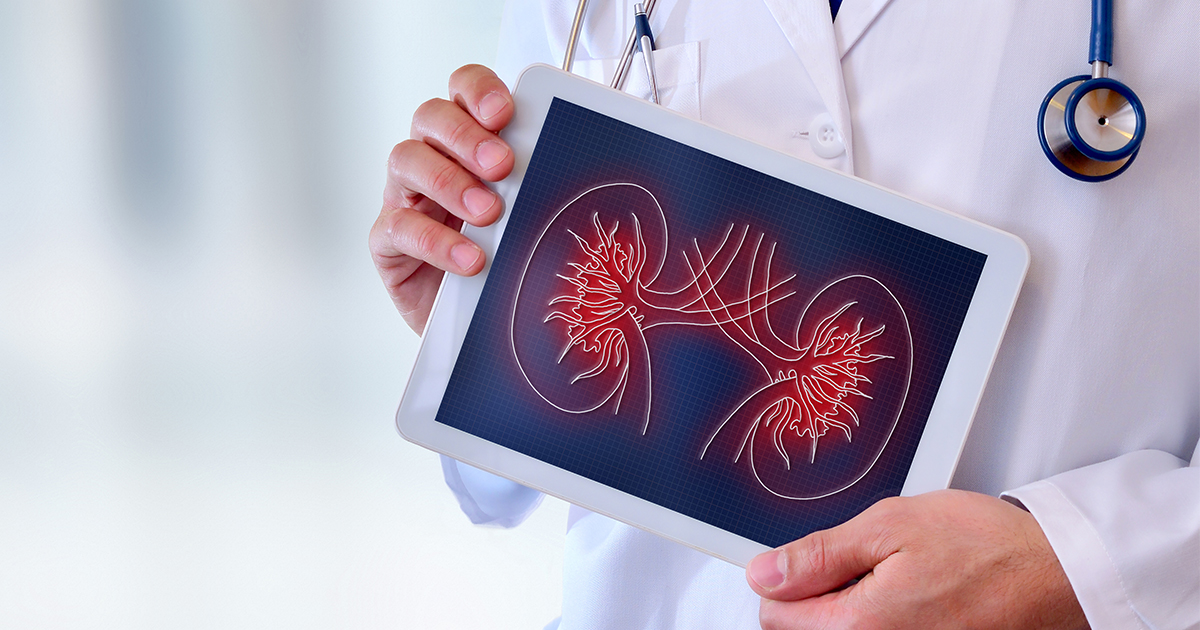The Vital Role of Kidneys: Understand How They Maintain Our Optimal Health

The human body is a complex and intricate system composed of various organs, each with its unique functions and responsibilities. Among these organs, the kidneys hold a crucial position in maintaining overall health and well-being. Often referred to as the body’s filtration system, the kidneys play a vital role in removing waste products, regulating fluid balance, producing hormones, and supporting several essential bodily functions. Today, we will delve into the incredible significance of the kidneys and explore the various roles they perform to ensure our bodies function optimally.
Location
The kidneys are two bean-shaped organs situated in the posterior region of the abdomen, with one kidney on each side of the spine. They are positioned between the lower thoracic and upper lumbar vertebrae. The right kidney is slightly lower than the left due to the position of the liver. Protected by layers of fat and connective tissue, the kidneys are shielded from external impact and injury.
Positioned on either side of the spine, just below the ribcage, the kidneys are ideally situated to efficiently perform their essential tasks.
Waste Removal and Filtration
One of the primary functions of the kidneys is to filter waste products from the bloodstream and eliminate them through urine. Every minute, the kidneys filter around 120 – 150 quarts of blood, removing excess water, toxins, and metabolic byproducts such as urea and creatinine. This filtration process ensures that the body remains free from harmful substances and maintains a healthy chemical balance.
Fluid and Electrolyte Balance
The kidneys are responsible for maintaining the delicate balance of fluid and electrolytes in the body. They regulate the concentration of essential minerals like sodium, potassium, and calcium, ensuring that their levels remain within a narrow range. By adjusting the amount of water reabsorbed or excreted, the kidneys help regulate blood pressure, maintain proper hydration, and stabilize electrolyte levels, which are crucial for the proper functioning of muscles, nerves, and other bodily systems.
Acid-Base Balance
Another critical role of the kidneys is to maintain the body’s acid-base balance, also known as pH balance. They work to eliminate excess acid or base from the blood to keep the body’s pH levels within a healthy range. By selectively reabsorbing or excreting hydrogen ions and bicarbonate ions, the kidneys help prevent acidosis or alkalosis, which can have detrimental effects on overall health.
Production of Hormones
The kidneys play a significant role in producing hormones that are vital for various bodily functions. One of the most well-known hormones produced by the kidneys is erythropoietin (EPO), which stimulates the production of red blood cells in the bone marrow. EPO ensures that the body has an adequate supply of oxygen-carrying red blood cells, thereby supporting energy levels, tissue oxygenation, and overall vitality.
Additionally, the kidneys produce renin, an enzyme involved in regulating blood pressure and maintaining fluid balance. Renin helps control the constriction and relaxation of blood vessels, influencing blood pressure levels and overall cardiovascular health.
Vitamin D Activation
The kidneys play a crucial role in activating vitamin D, a vital nutrient required for the absorption of calcium and phosphorous in the intestines. Through a series of enzymatic reactions, the kidneys convert inactive vitamin D into its active form, known as calcitriol. Calcitriol helps regulate calcium levels, promote bone health, enhance immune function, and maintain overall well-being.
Blood Pressure Regulation
The kidneys and blood pressure are closely intertwined. As part of their filtration process, the kidneys produce a hormone called aldosterone, which regulates sodium and potassium levels in the blood. By controlling sodium reabsorption and potassium excretion, the kidneys influence blood volume and blood vessel constriction. Through this mechanism, the kidneys contribute to the regulation of blood pressure, preventing hypertension and related cardiovascular complications.
The kidneys, located in the abdominal cavity, are truly remarkable organs with a multitude of functions that are essential for maintaining optimal health. From waste removal and filtration to fluid and electrolyte balance, hormone production, vitamin D activation, acid-based balance, and blood pressure regulation, the kidneys are involved in numerous vital processes. Understanding the significance of the kidneys and taking steps to support their health through a balanced diet, hydration, regular exercise, and medical check-ups is crucial for overall well-being. So, let us appreciate the incredible work performed by our kidneys and make conscious efforts to ensure their well-being, enabling them to continue their vital roles in maintaining our optimal health.
- * All research and clinical data should be used as reference purposes only, results may vary.




